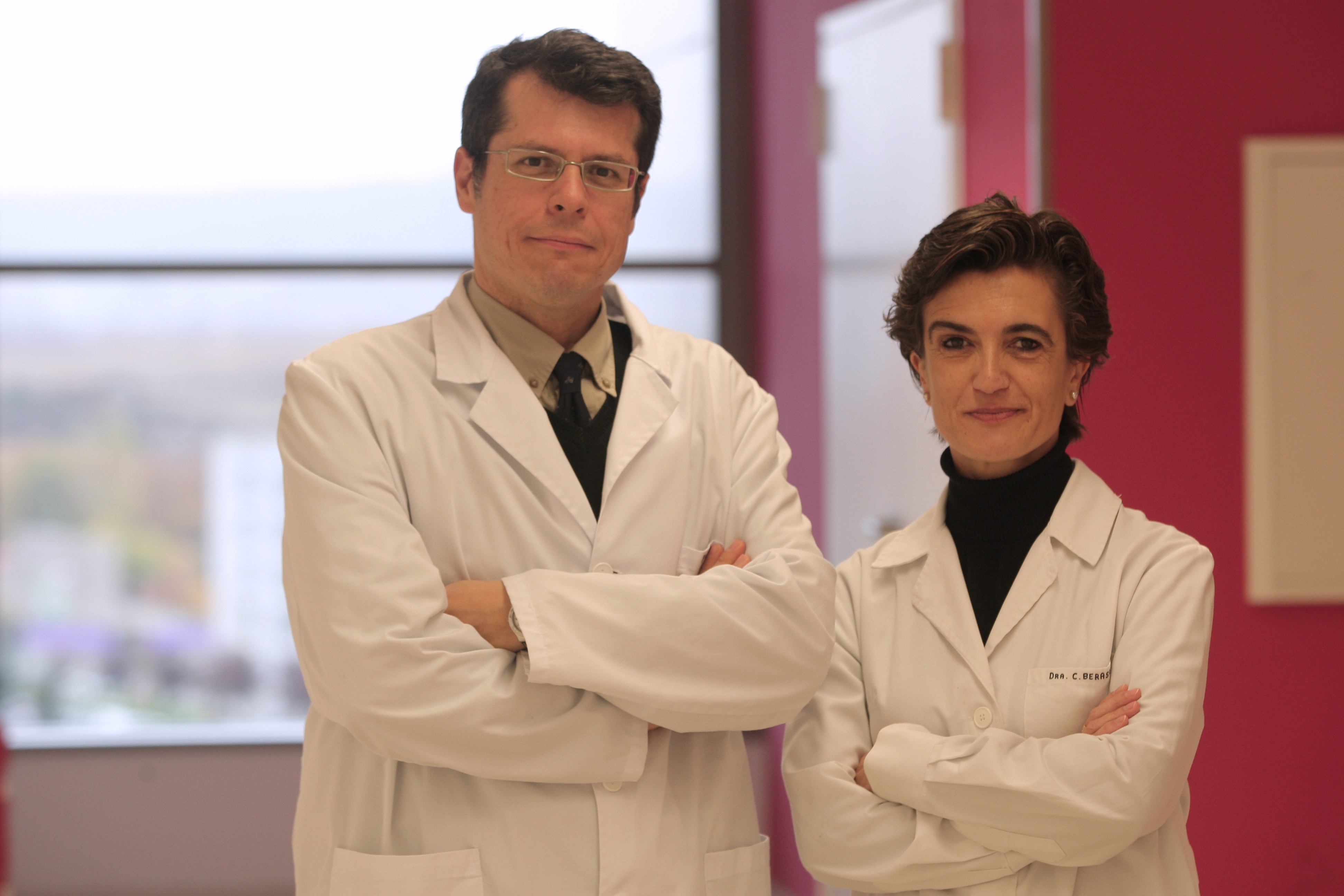Matías Ávila and Carmen Berasain, director and deputy director of the Hepatology Program of the CIMA
Autophagy and cellular 'recycling
 This year's award Nobel Prize in Physiology and Medicine has been awarded to the Japanese scientist Yoshinori Ohsumi for his finding, in the 1990s, of the mechanisms involved in the development of cellular autophagy. The term autophagy refers reference letter to the ability of cells to "eat themselves" and is related to the "recycling" of cellular components and the ability of cells to adapt to situations such as fasting or infections. Our cells are true factories, and their survival and proper functioning depend on a continuous supply of energy and the proper functioning of a multitude of cellular Structures .
This year's award Nobel Prize in Physiology and Medicine has been awarded to the Japanese scientist Yoshinori Ohsumi for his finding, in the 1990s, of the mechanisms involved in the development of cellular autophagy. The term autophagy refers reference letter to the ability of cells to "eat themselves" and is related to the "recycling" of cellular components and the ability of cells to adapt to situations such as fasting or infections. Our cells are true factories, and their survival and proper functioning depend on a continuous supply of energy and the proper functioning of a multitude of cellular Structures .
In this sense, cells have developed different protection mechanisms and one of these mechanisms is autophagy. In situations of energy shortage, the cell is able to activate autophagy, in order to restore energy levels that allow it to survive by degrading cellular components. Cells are also able to activate autophagy in response to stress signals, to eliminate infecting viruses or bacteria, or to "get rid" of defective proteins or cellular components.
Ohsumi's work performed in yeast cells has made it possible to identify the genes and proteins involved in the correct development of this cellular function, which requires a correct concatenation of events ranging from "sensing" stress to engulfing cellular components in vacuoles and degrading them. These mechanisms must be regulated with great precision, given that alterations in autophagy, either by defect or excess, may be at the origin and progression of many pathologies.
Thanks to Ohsumi's work, it is now known that mutations or alterations in genes that regulate autophagy are involved in the development of diseases as diverse as inflammatory diseases, intestinal diseases and cancer. This knowledge will make it possible in the future to design more effective therapies for pathologies that are currently difficult to treat, such as liver cirrhosis and tumors that develop in the liver, liver diseases that affect around 29 million people in the European Union and which we are actively researching at CIMA.
By awarding this award the Nobel Assembly of high school Karolinska once again recognizes the great importance of the fundamental research , which is not directly guided by the generation of immediate economic benefits, and which in the end is the one that almost always provides advances that improve the quality of human life.
